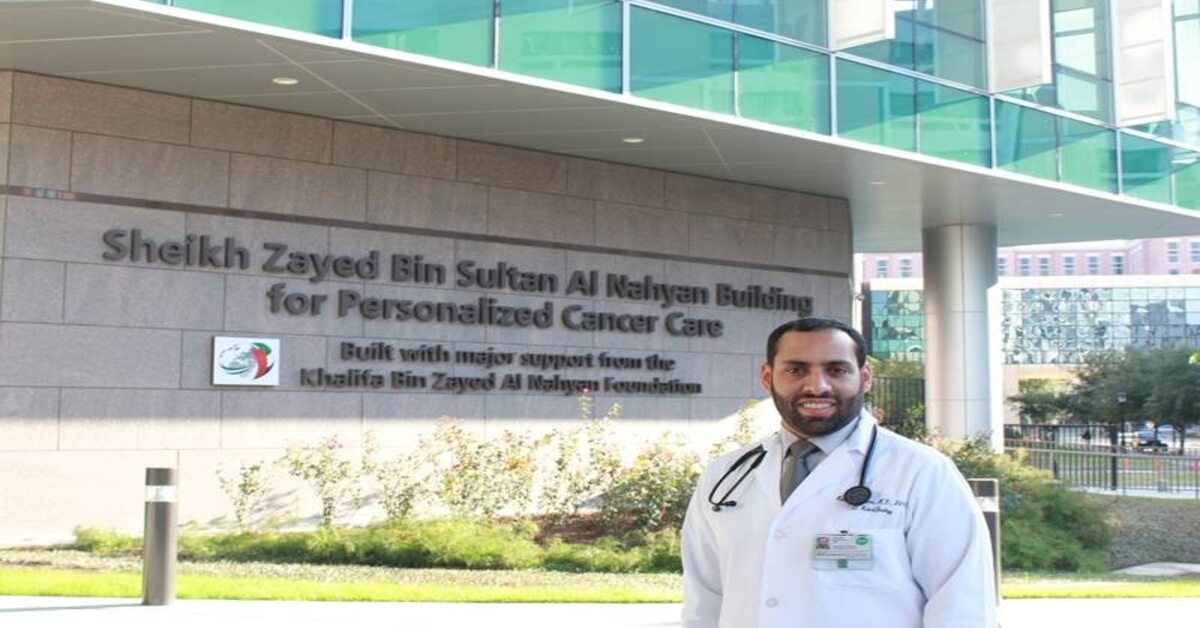A leading Emirati doctor has paid tribute to the legacy of Sheikh Khalifa, whose support helped to change the face of cancer care around the world.
The well-being of UAE residents was a cornerstone of Sheikh Khalifa’s strategic development plan after he assumed the presidency in 2004.
That ambition would be realised in the transformation of cancer facilities in the Emirates from two to more than a dozen – with four leading hospitals carrying his name to treat patients in all corners of the country.
Dr Humaid Al Shamsi, president of the Emirates Oncology Society, said a $150 million donation towards a leading cancer treatment centre in Houston, Texas, fast-tracked the development of hundreds of oncologists in the US.
Funding was granted to the University of Texas MD Anderson Cancer Centre in 2011, the largest in the US, where many Emirati patients have visited for expert care. Fellowship programmes to further education in the field of oncology were also established at the centre.
“The contribution to cancer care worldwide by Sheikh Khalifa and his foundation was huge, although many people may be unaware of the details,” said Dr Al Shamsi, director of oncology at Burjeel Medical City in Abu Dhabi.
New medicine used globally
Dr Al Shamsi was the first Emirati to enter the programme, after initially applying in 2013, and later moved to Texas from Canada to continue his training and research.
“We published a paper in 2016 that described a special cancer mutation in the gallbladder that resulted in a new FDA-approved medicine that is now used worldwide by tens of thousands of patients with this certain type of cancer,” he said.
“It is just a small example of how this kind of research has had a global impact.
“There are an excellent number of physicians trained thanks to the programme that are now practising worldwide, both Emirati and expatriate.
“It has led to more experience to come to the UAE. My training and experience have not happened overnight and that has come from investing in these programmes and raising awareness about cancer and early screening.
“Pancreatic cancer patients used to live for around three to six months, now they can survive for up to two years, so there is real progress.
“There have been huge improvements and there are more to come.”
Read Full Story: The National News


